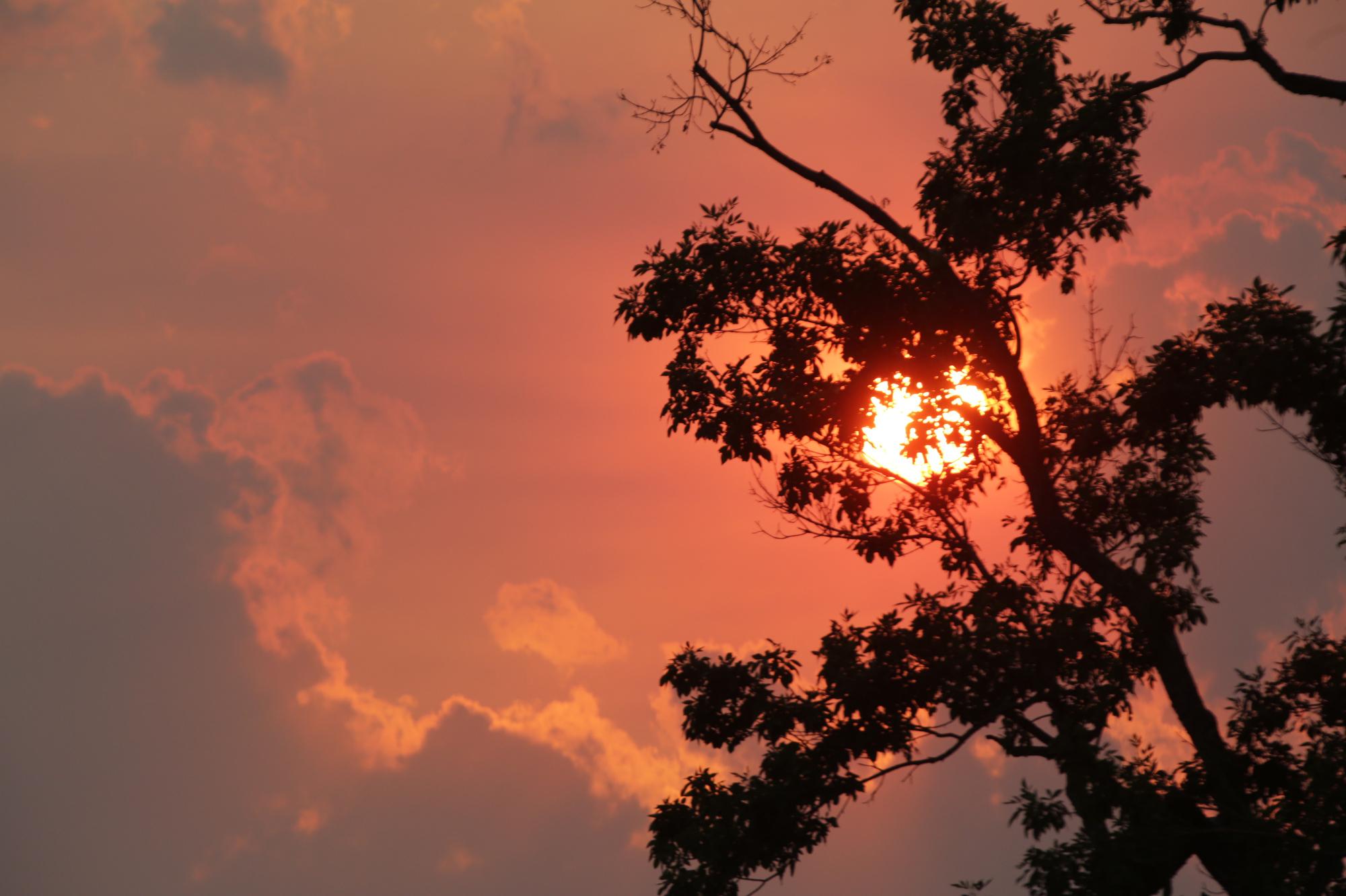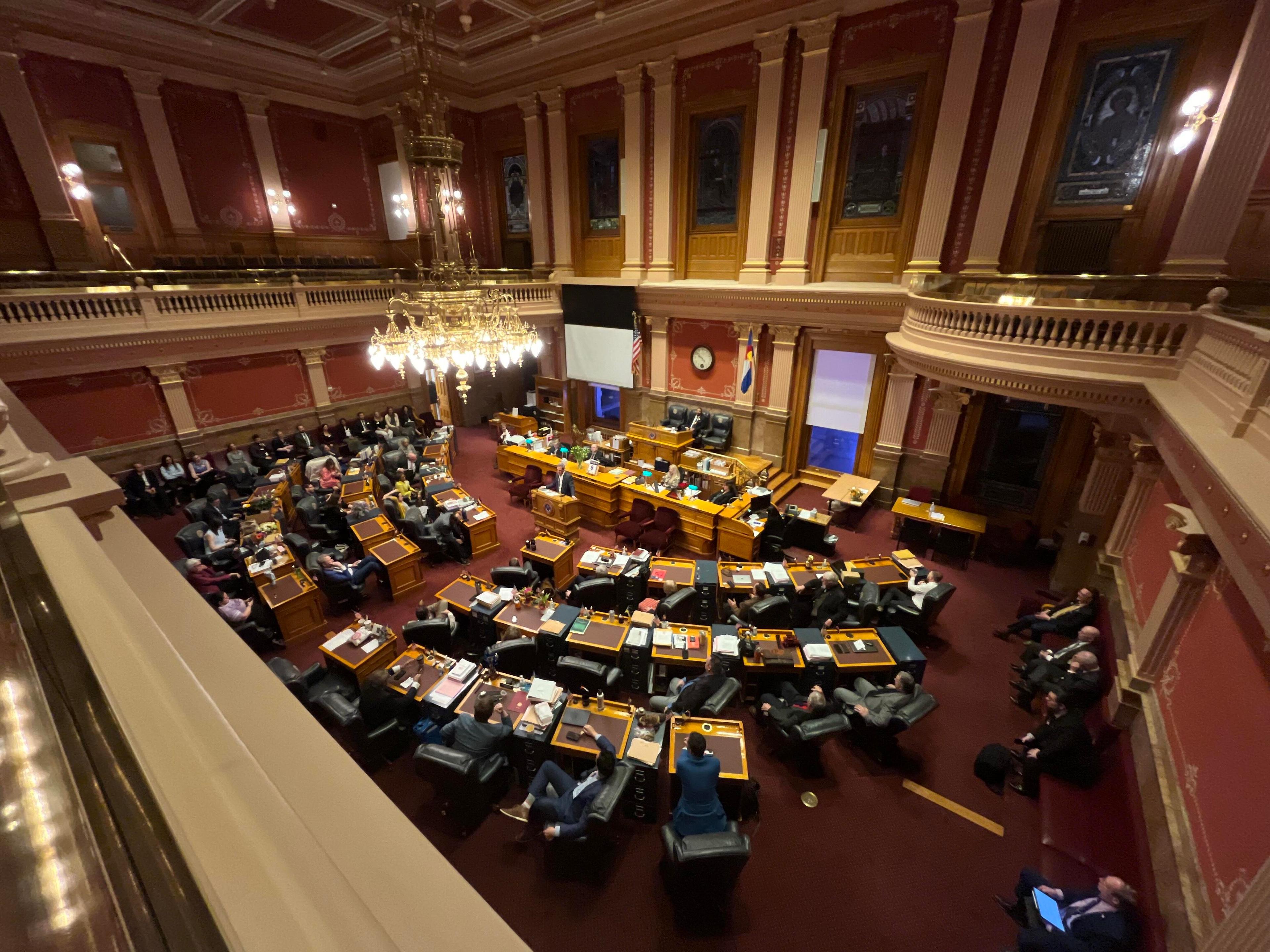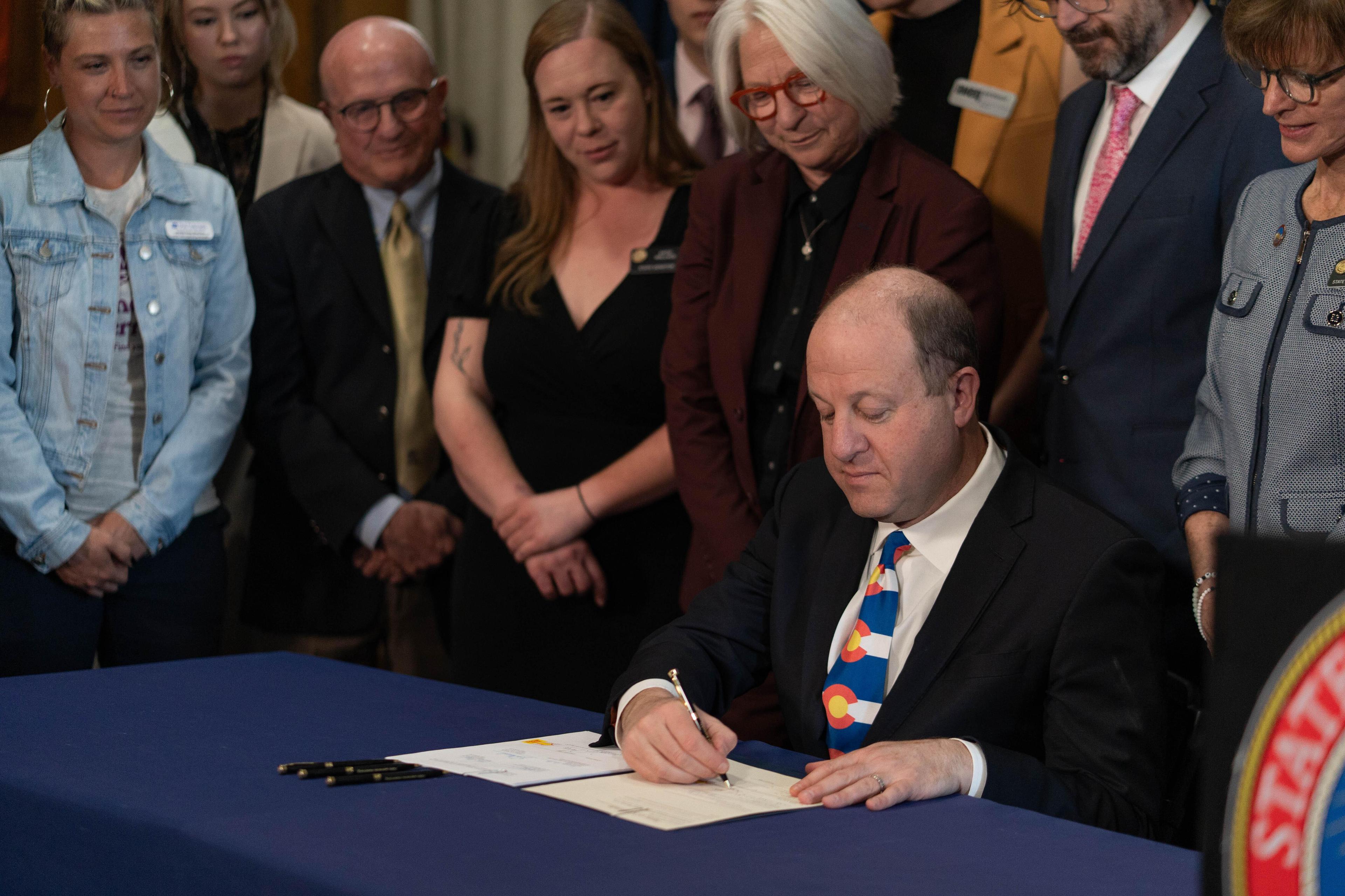
An unhealthy concentration of ozone and fine particulate matter is affecting the air quality for much of the Front Range. In simple terms, the air won’t be very pleasant to breathe Thursday. (Update: Also Friday.)
By its 5 a.m. report, the Colorado Department of Public Health and Environment had already categorized air quality in the Denver Metro area, Colorado Springs, Fort Collins, and Greeley as moderate. The department says that designation means “unusually sensitive individuals,” such as people with asthma or heart conditions, may experience respiratory symptoms if outside for too long. It expects the air in those areas to worsen and reach its next warning level Thursday afternoon.
Most of the rest of the state — like Grand Junction and the Colorado River Valley — will also reach moderate levels of air pollution by the end of the day.
The state recommends that active children and adults, older adults, and people with lung diseases in northern Teller and northwestern El Paso counties reduce prolonged or heavy outdoor activities. That advisory expires Thursday at 8 p.m.
High concentrations of smoke from out-of-state wildfires have drifted into Colorado over the last month, leading to poor visibility and a deterioration of air quality on Wednesday following several days of fairer weather. The smoke will persist until at least Saturday, according to the National Weather Service.
Poor air quality in Colorado and across other western states will continue to persist until fire conditions die down. But that could be awhile. Research shows wildfire activity in the western United States has worsened due to climate change, which fuels drier conditions, more drought, and longer fire seasons.
Do masks protect you from the poor air quality?
A well-fitted N95 should help with many of the particulates in wildfire smoke, pollen and other allergens — but there aren't a lot of masks on the general market that filter ozone, which has been bad on the Front Range.








